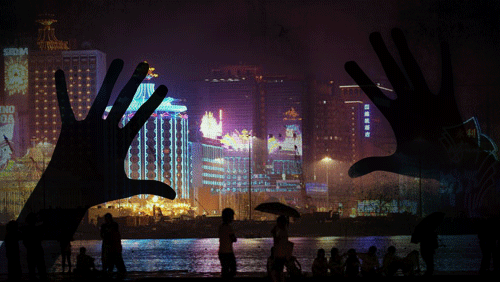Different casino operators are now aggressively – albeit quietly – moving its staff back to China more than a month after the arrest of 18 Crown Resorts staff for gambling-related offenses.
 The Australian Financial Review, which quoted anonymous sources, reported that big operators with casinos in Macau have quietly relaxed an earlier decision to cease marketing activity in China. The report identified the casino operators as Las Vegas Sands Corp, MGM Resorts and Galaxy Entertainment Group.
The Australian Financial Review, which quoted anonymous sources, reported that big operators with casinos in Macau have quietly relaxed an earlier decision to cease marketing activity in China. The report identified the casino operators as Las Vegas Sands Corp, MGM Resorts and Galaxy Entertainment Group.
It isn’t clear yet what prompted the casino operators to move their staff back to China six weeks after the clampdown in the James Packer-owned casino resort in China.
For one, Macau casino operators are becoming confident that the incident involving the Crown Resorts staff is an isolated case and does not represent a blanket clampdown on casino marketing activity in China.
However, another industry source says the motivation could simply be greed. While mass players kept their operations afloat, casino operators still considers the Chinese high rollers as their most important revenue stream.
Gaming companies have spared no expense wooing big-spending Chinese gamblers to their casinos through junkets and offering multi-million-dollar lines of credit. But to do that they have to tread carefully in dealing with the Chinese laws that ban them from promoting gambling in China.
With recent Macau data showing a surge in VIP gaming revenue, analysts express fear that Beijing will be keeping a close eye on the world’s premier gaming hub and it might impose further regulatory intervention by China.
“In our view, Beijing remains focused on plugging holes in the capital flight bucket, primarily through junkets and, to a lesser degree, UnionPay,” Nomura analysts wrote this week. “While we don’t yet have the December breakdown of VIP versus mass revenues, we believe that the recent growth spurt in Macau VIP revenues to over 20 per cent in November [four times greater than mass growth for the month] is not sustainable and that it could lead to negative policy responses from Beijing if it were to persist.”